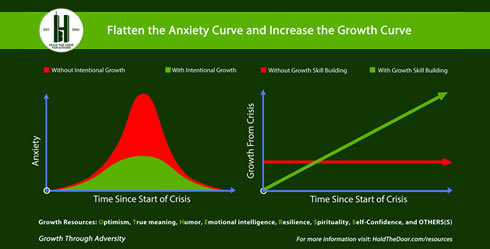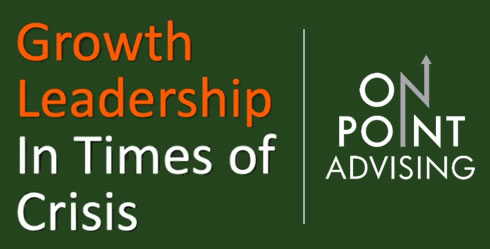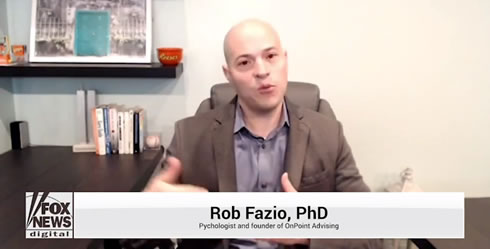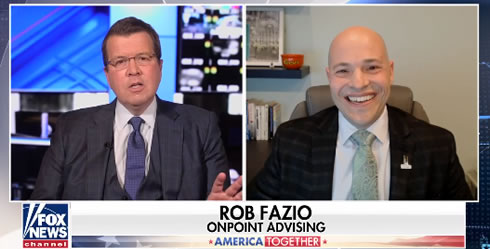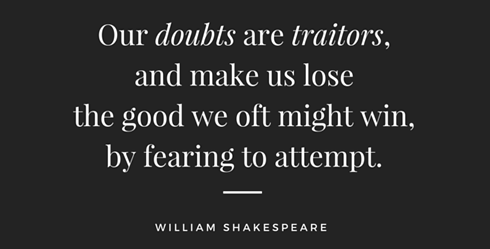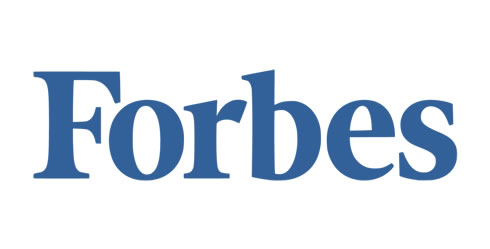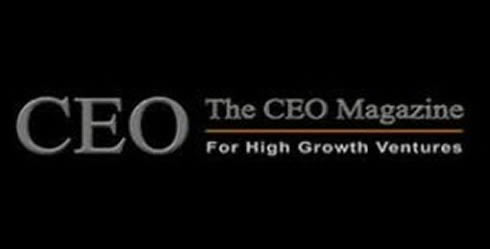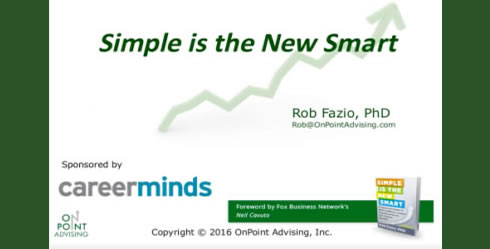*As appeared in the Philadelphia Business Journal
Give me four minutes and I’ll give you four moves that will help attract top talent and drive business forward. I had a choice of where to live and build my career, and I chose Philadelphia. I want to support Philadelphia executives to position their businesses so that talent wants to come here. From advising Fortune 500 C-suite executives to surgeons, to helping local restaurants grow brands in Philadelphia and beyond, I believe the insights I’ve gained can benefit others with a drive to succeed.
I had a humbling experience breaking into the Philadelphia market. With my first job being in Manhattan and growing up just outside of NYC, I was arrogant and thought that those connections would carry me. I was wrong. It wasn’t until leaders in the Philadelphia community advocated for me and literally brought me to meetings, that I was accepted.
Philadelphians are loyal and that’s a differentiator. Executives appreciate community, connections, and doing business with people they are familiar with. I use anonymous examples for global clients on how they can learn to focus on results through relationships, which is part of the Philadelphia secret sauce.
Executives and businesses have strengths that can become a crutches and can create complacency. Let me give you an example. “Where did you go to high school?”; “What Parish are you from?” When I was breaking into Philadelphia, that is what I was asked. Outside of Philadelphia I was asked, “What Fortune 500 companies have you worked with?” “What are your successes and failures.” These questions tested my credibility, competence, and confidence. In Philadelphia, even though I lived in “Devils Pocket” now Upper Fitler Square, not being from Philadelphia, was a barrier not a benefit.
Philadelphia businesses want to have progressive cultures that attract talent, but they aren’t comfortable with pushing through the old-school way to let the new students show what they can deliver. Philly knows it’s own value, but sometimes presumes that everyone else does, too. When attracting top talent, Philadelphia is competing against companies that have the fun and agile vibe of startups in warm weather climates, and the cache of working in a city like the big apple, LA, or the windy city. We have to remember that “A” players always have a choice.
Here’s what leaders can do:
Build employees brands before it’s too late
The primary development area I’m asked to advise on in the Philadelphia area is executive presence. Because of the strength of community and familiarity, impressions are stronger and live longer. Let people know early and often what their individual brands are rather than waiting until they are engrainged. Proactive “Brand Storming” on a quarterly basis works. This strategy is focused on the future and gives people something to aspire toward rather than be defensive about what they did in the past. Let people know how their actions build or make withdrawals from their credibility bank account and every interpersonal interaction counts. Ask employees “What 3 words do you want people to think when they hear your name?” Be candid and let them know what impressions are out there and what they can do to move closer to their aspirational brand. Create an environment where impressions are part of business, not a distraction.
Celebrate failures and encourage disagreement and disruption
Sharpen the “spikes”, which are signature strengths. Businesses need their talent to strengthen and stretch the norm, not conform. Don’t just say it is ok to give your point of view and take disruptive calculated risks, make it actionable and rewarding.
Create a culture of psychological safety. J.P. Mantey, who is a culture change leader at a west coast top technology company, introduced me to this shift. “Failure stories”work. Stories told by successful people who have taken risks and failed, emotionally engage people and move them to take smart risks. Interview people within the organization who have failed, and are still credible. Make failing forward a norm.
Mature companies have a tough time getting talent to believe they can take risks, which is why so many companies are outsourcing their R&D or buying innovative products rather than creating their own. If Philadelphia leaders can demonstrate that outsiders are welcome in, they will get more people confident to offer their expertise early and often.
Pay people with motivational currency
Consultants love to put people in a “personality box.” That doesn’t work. I’m a fan of simple, but humans are unique. One of my favorite quotes from is, “why when I hire a pair of hands do I get a whole person?” Harvard’s David McClelland’s work on social motives taught us that we have needs that drive us. In my view, people may have a primary motivator; however, they are often driven by a constellation of motivators. These motivators are what I call Motivational Currency: Performance, People, Power, and Purpose. Work towards being able to: a) recognize what your own primary motivators are, b) read what the motivators are for others, and c) lead with intention so you can motivate and engage others quickly. This diversity strategy sends the message that Philadelphia leaders want to leverage the best in people and aren’t stuck in solely a relational and legacy style of leading.
Stretch, don’t break
Leaders can provide challenging growth opportunities, have career conversations, and be candid about opportunities. Shift conversations from promotion to growth. Make two lists: one of priorities that you have and the second of areas that employees are interested in growing in. Match up the priorities with the growth areas by person and delegate the tasks.
We can all learn from UPenn’s Pennovation Works, who creates a space for disruption and innovation so that talent can thrive. Aaron Goldstein and William Duckworth, two recent Wharton alums, have turned their innovative idea, Fever Smart, into a global business, and Penn was willing to invest and take a bet on their idea.
Philadelphia has a unique competitive advantage because the executives realize the power of people and loyal relationships. By integrating what outsiders offer, Philadelphia will not only maintain it’s competive adantage, it will strengthen it.
The irony in my Philadelphia story is I finally got to a place where I feel I am a small part of the Philadelphia fabric. After 13 years of living in Center City, as it goes, I recently got married and had a baby, and Haddonfield, is home now. U-Turns keep me humble and Patco is a wonderful thing.







